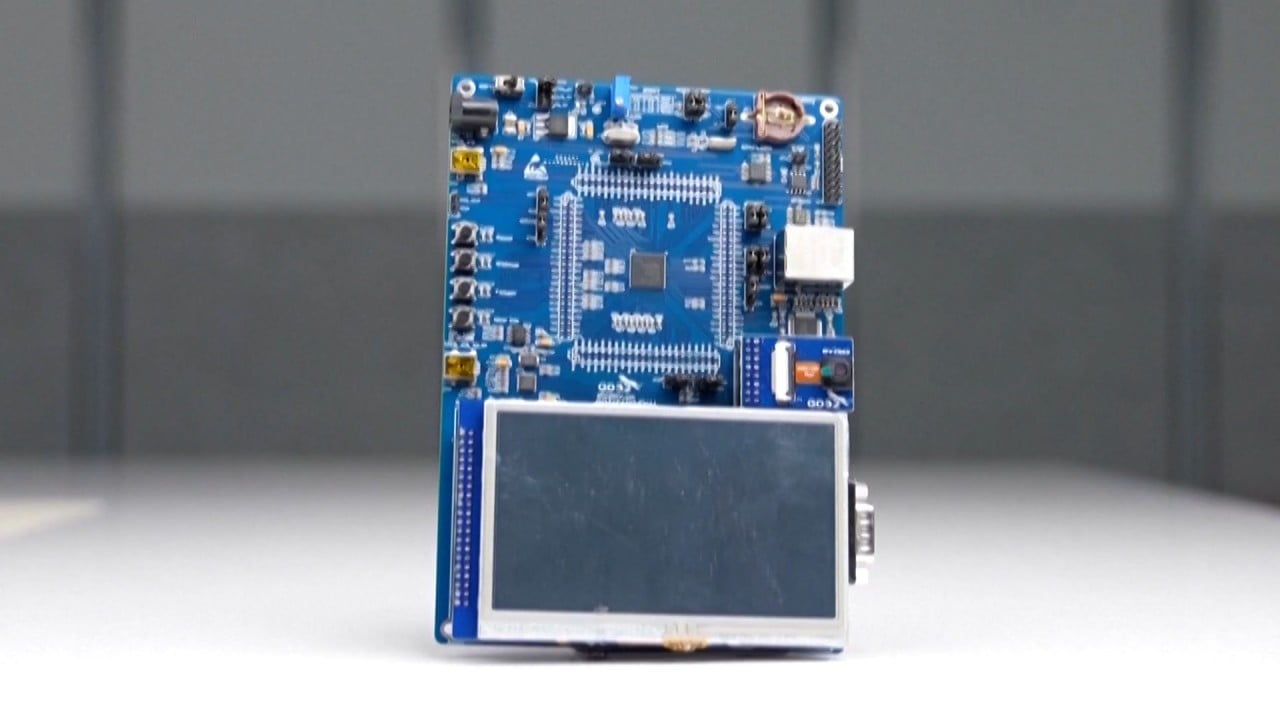
US-led semiconductor alliance setting up ‘early warning system’ to protect supply chains, Taiwan says
- The warning system will help ensure semiconductor supply for cars and could cover chipmaking raw materials and manufacturing equipment
- The government-to-government notification system is thought to be a world first, but is not expected to impact mainland China, industry experts say
A Washington-led semiconductor alliance including Taiwan, Japan and South Korea will set up an early warning system to prevent disruptions to the supply of tech hardware components that have become the centrepiece of the US-China tech war.
The warning system between the “Chip 4” dialogue partners would help ensure the supply of semiconductor chips for cars and could cover chipmaking raw materials and manufacturing equipment, Taiwan’s Ministry of Economic Affairs said on Monday.
“We’re talking about 100-plus different materials you need to get and from a lot of different sources,” said Sean Su, an independent tech analyst in Taiwan. “It’s not a walk in the park. It’s highly complicated and very global.”
The new development comes against a backdrop of deepening tensions between China and the United States. The two countries have been locked in a tech war since 2018, with both seeking mastery over semiconductors and other types of technology that power the modern economy.
An early warning system is not expected to impact mainland China, said James Chin, a professor of Asian studies at the University of Tasmania in Australia. “The Chinese are strong believers in their own ecosystem,” he said.
However, lockdowns in multiple Chinese cities last year showed the vulnerability of that system, with production of chips slowing, including delivery of some ordered by offshore firms.
In the car industry, demand for chips is “skyrocketing” as vehicle technology advances and some carmakers have shut down or reduced production for lack of semiconductors, management consulting firm McKinsey said in an October industry report.
Many of the world’s biggest tech firms, based in the US, depend on Taiwan and South Korea for chips. Japan is chiefly a chipmaking raw material supplier for the global $573.5 billion industry.
Washington launched the “Chip 4” grouping in September last year to discuss ways of fortifying the international semiconductor supply chain and preventing China from accessing advanced products as the economic rivalry with Beijing deepened.
The US side suggested the early warning system this month and received “positive” responses from the other three parties, Taiwan’s economic affairs ministry said.
Such a system would be a first for global tech, said Zennon Kapron, Singapore-based director of financial industry research firm Kapronasia.
“The industry has never really hit the point before where both demand for hard tech and geopolitical considerations have hit this point, so this is somewhat uncharted territory,” Kapron said.
“Hard tech in the form of chips has become a critical component in many supply chains and manufacturing processes from cars to computers,” he said. “As the devices and services that we use on a daily basis rely heavily on these, it’s clear that having a reliable supply-chain is critical to ensure critical supply chains aren’t disrupted.”


